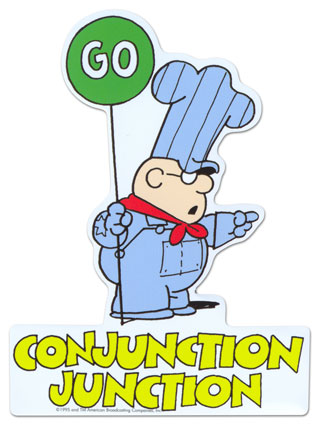By Barbara Hewitt
It’s that time of year and Career Services counselors have been reading LOTS of cover letters and resumes for the upcoming internship recruiting season. Many are well crafted and thoughtful letters, but then there are the others – those that we cringe at the thought of a recruiter reading. In that context, I thought I would share some of my “cover letters no-nos” through the blog this week.
Typos and poor grammar. Your cover letter is a writing sample and testament to your attention to detail and communication skills. If it is littered with mistakes and poorly written, no employer will want to hire you, regardless of the many other ways in which you may be well-qualified for the position.
Wrong length. A cover letter should be long enough to adequately convey your interest in the position and highlight your qualifications for it. An extremely brief letter does neither and will indicate to the employer that you are not enthusiastic enough about the position to take the time to articulate that interest through a well written cover letter. On the other hand, it should not be your life’s story written in a tiny font on a page with miniscule margins. Employers often get hundreds of applications for a single position, and they simply don’t have the time to comb through extremely long cover letters. A one page letter in a reasonably sized font (10 to 12 pt) and standard one inch margins should do the trick. Most letters will have four or five paragraphs.
Unfocused. Keep in mind that a cover letter is (usually) your opportunity to express your interest in a SPECIFIC position and a SPECIFIC employer. Read the job description thoroughly, ascertain what qualities the employer particularly wants candidates to posses, and then demonstrate through the letter that you have those qualities. Research the employer to learn more about the organization and be sure to indicate why you are particularly interested in them. Avoid vague phrases like “I would be thrilled to work for such an industry leader.” Why do you consider them a leader? Let them know if you’ve talked to people who work at the organization or attended an information session (and, of course, what impressed you in these interactions).
Wrong Tone. It can be hard to get the right “tone” for a cover letter. On one hand, you want to be confident in expressing your qualifications for the position. After all, if you don’t think you can do the job, the reader surely won’t either. On the other hand, you don’t want to come across as arrogant and oversell yourself. I am always taken aback when I read in a cover letter that an applicant is “confident that they are the best candidate for the position”. This is a determination the employer will make, and it is presumptuous for an applicant to make it on his or her own candidacy. (After all, the applicant hasn’t even seen the other resumes!) Saying something like “I believe my skills and past work experiences make me a good fit for this position” relays the same message in a more understated way.
Writing strong cover letters requires time and effort, but will pay off in the long run in terms of more interviews, and ultimately, job offers. For more information on cover letters (and samples), check out the cover letter guide on the undergraduate portion of the Career Services website: http://www.vpul.upenn.edu/careerservices/undergrad/coverletter.html






